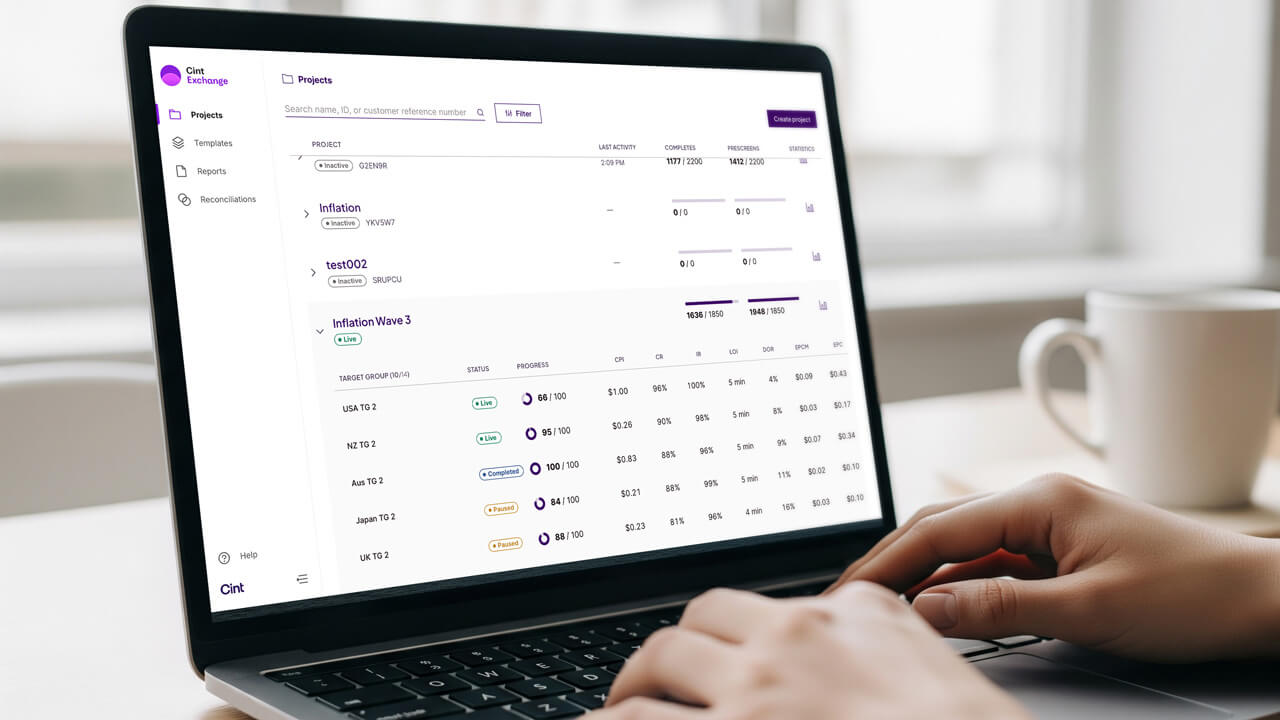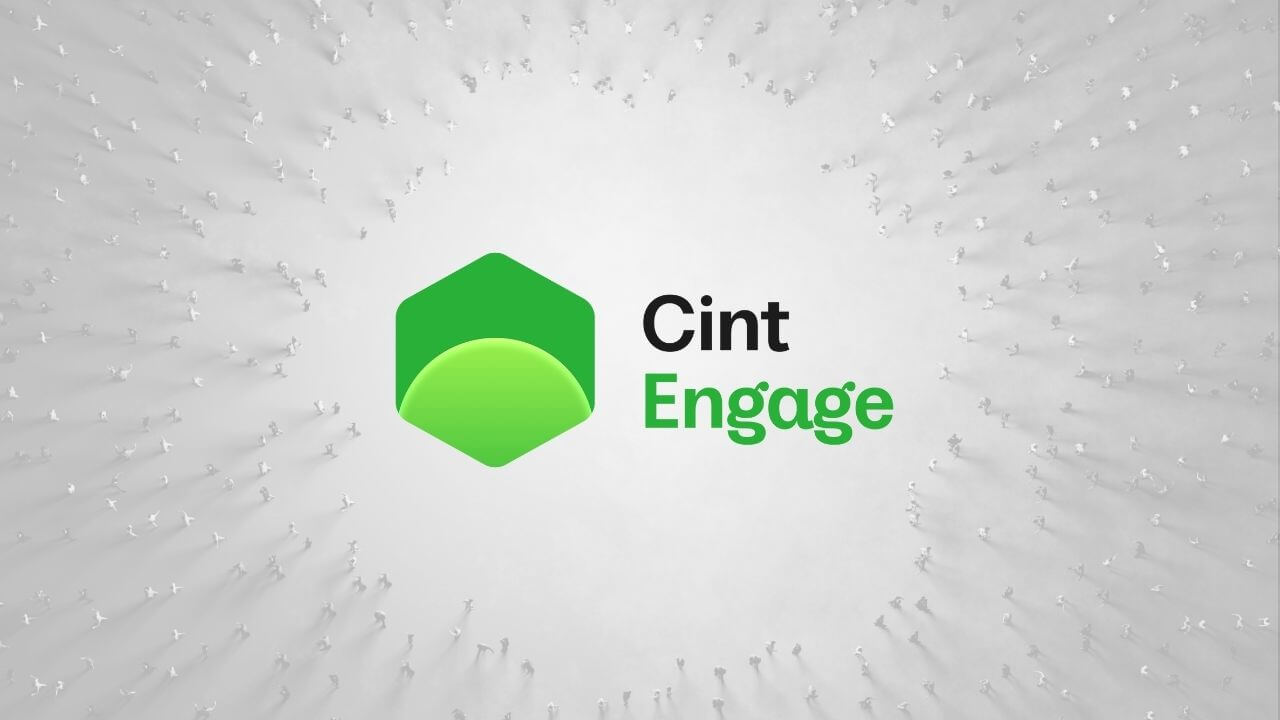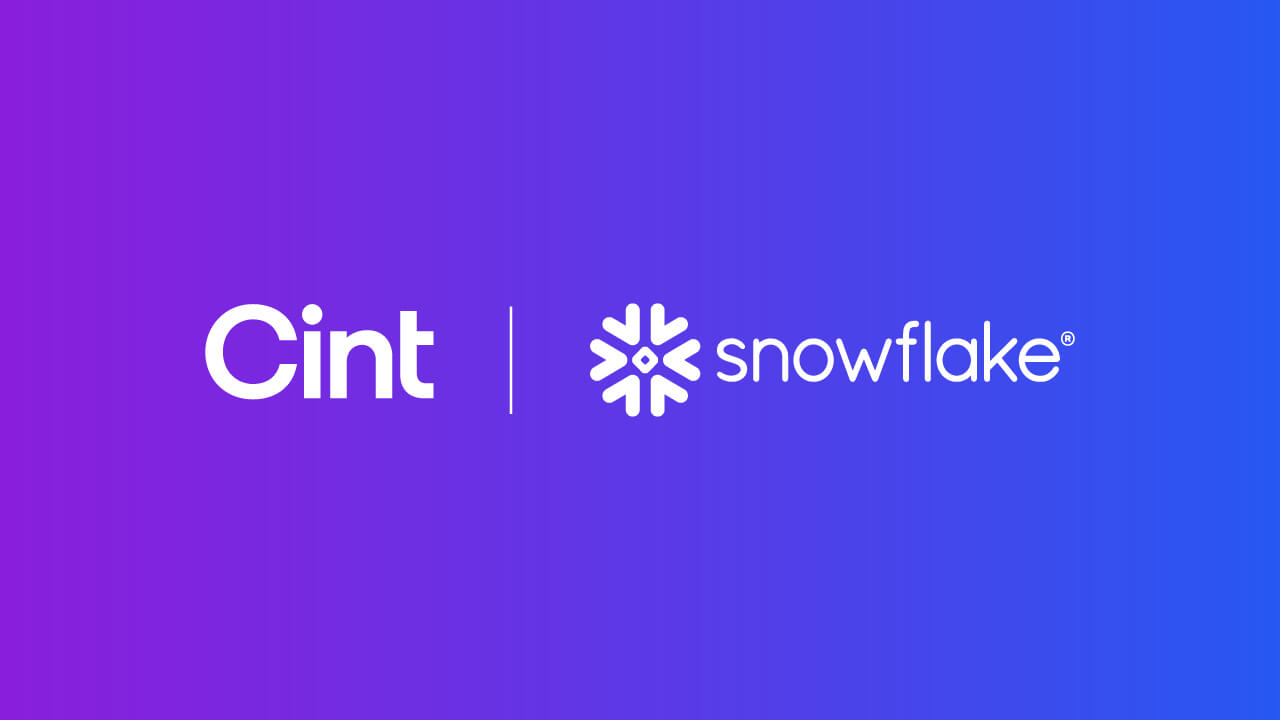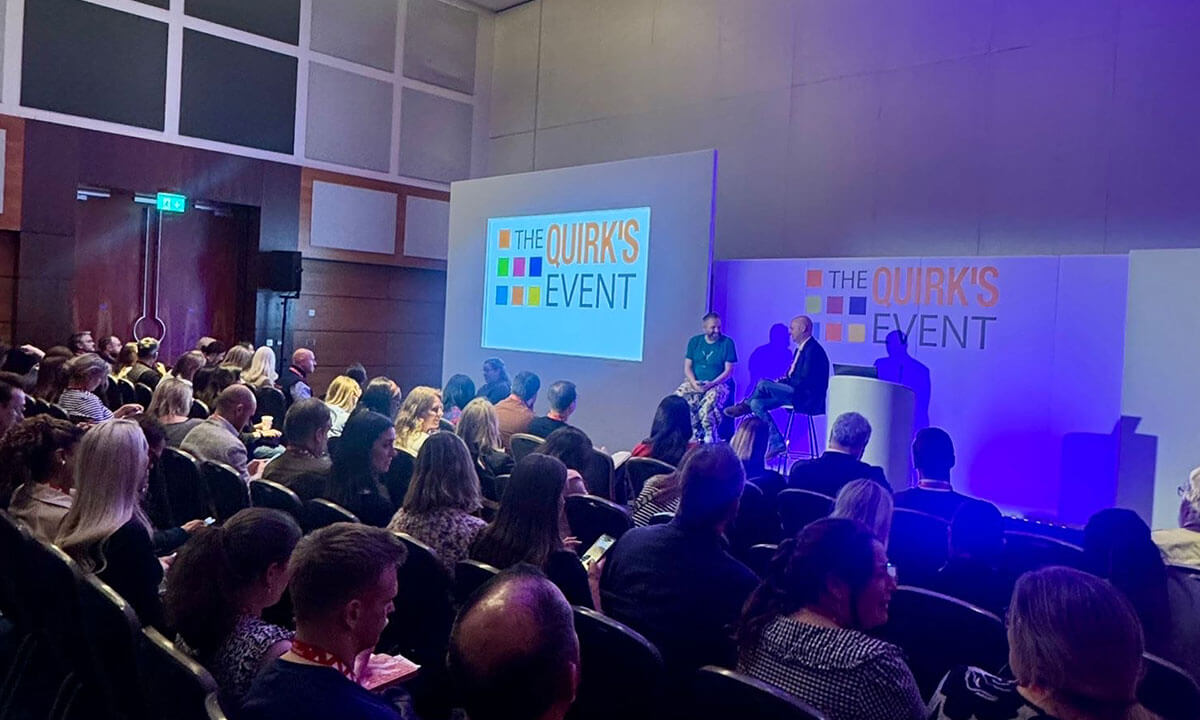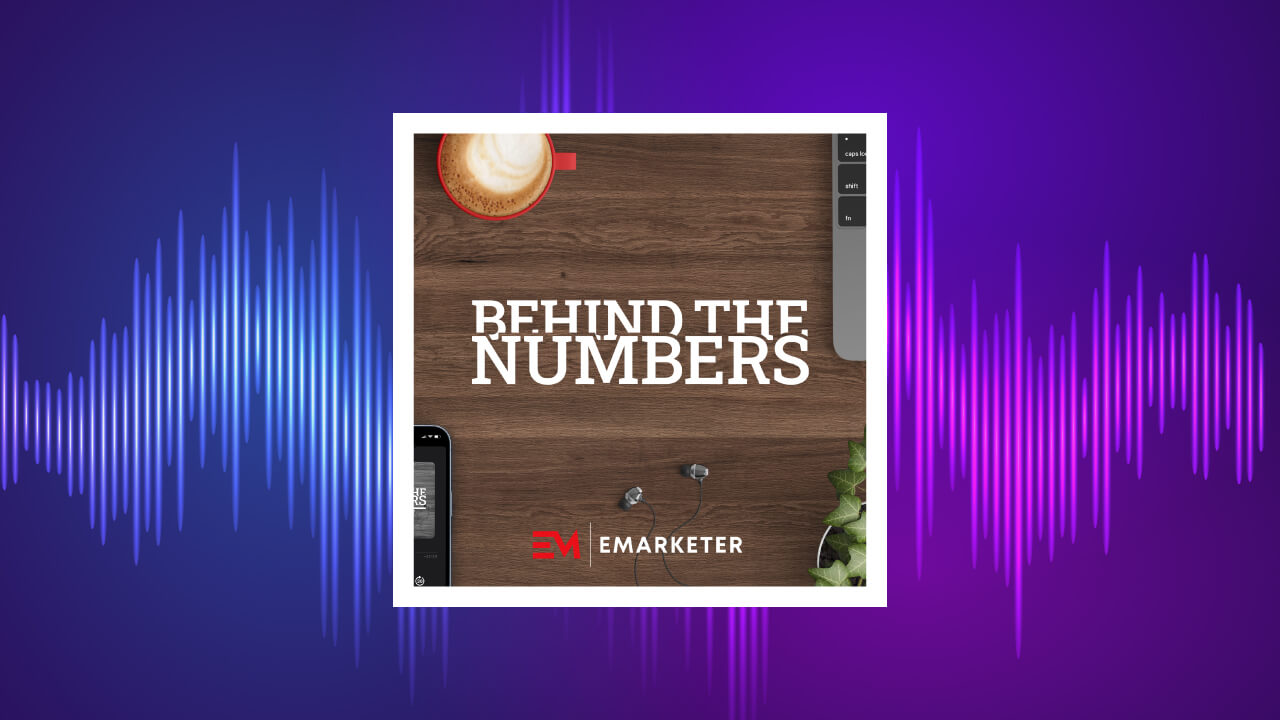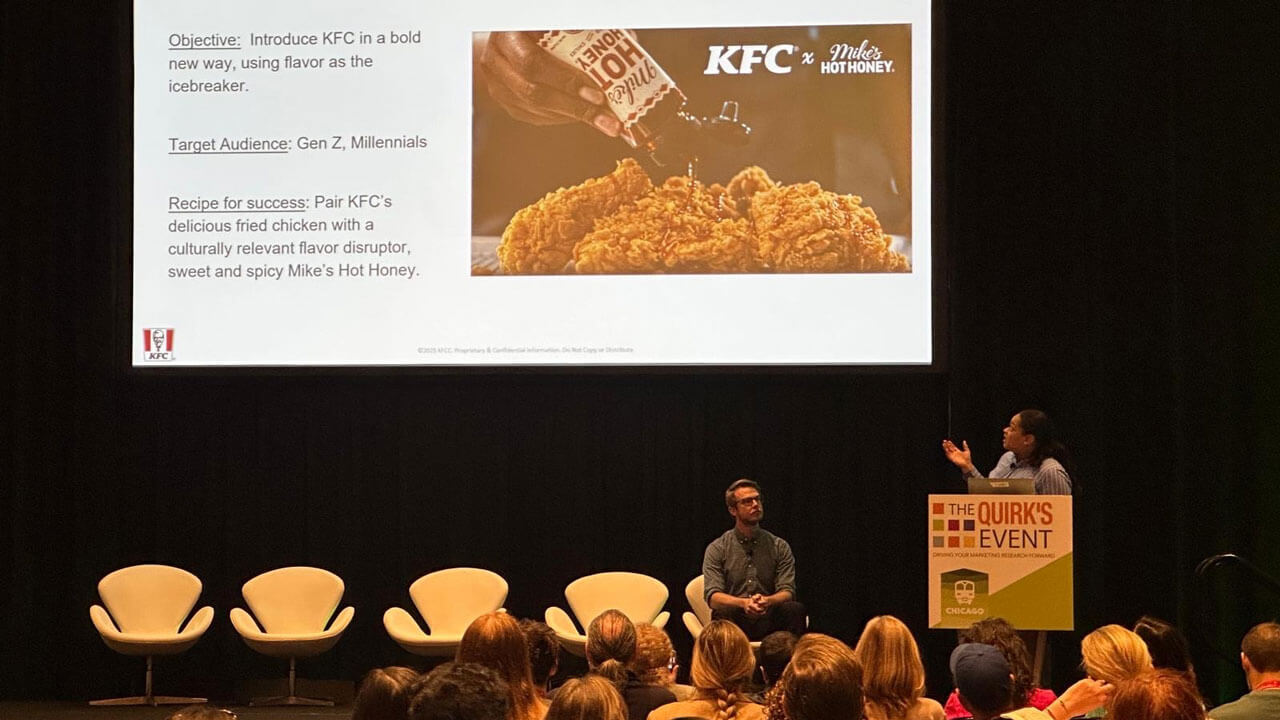
Your consulting firm collects market research to provide better services to clients. Your firm might often use market research to provide your clients with significant insights and help them accomplish their objectives and goals, from sales initiatives to marketing campaigns. With several applications, understanding the importance of market research and its impact on your clients can help your firm provide stronger services.
Why Consulting Firms Need Reliable Market Research Providers
As you know, companies use
market research to gather valuable data about their target markets and potential customers. It can be used to predict how successful a product or service will be by researching industry trends and interacting with consumers. Market research can take many forms, and all industries use it to understand their customers and successes better.
As a consulting firm, you conduct market research to give your clients stronger, more accurate advice to better understand their target market. Market research also helps you guide your clients through specific initiatives and goals.
The Importance of Market Research for Consulting Firms
For consulting firms, market research is essential for understanding your clients’ target audience and making strategic business decisions. While consultancies typically offer specific services to help clients, market research is used to drive decisions and create actionable plans for achieving goals. Here are some reasons to invest in the most effective market research solutions available.
Understanding Your Client and Their Industry
Regardless of the services you provide or your client’s goals, you will need to understand their industry to help guide their business decisions. Knowing as much as you can about the client can help them accomplish a range of goals, from increasing revenue to enhancing brand presence.
Client research will help you understand what your client is currently doing and what is working for them. You can learn about their brand perception, target audience and other vital information you will need to develop an actionable plan. Market research can also provide information they might be overlooking, like a market segment that can benefit from their product, service they aren’t marketing to, or a process they can make more efficient.
Learning More About Your Client’s Competition
While internal research on your client and their industry is necessary to solve common pain points, you will also need to know who the business’s competitors are and how to set your client apart from them. Comparing your client to competitors can help you to highlight what makes them unique.
Researching competitors can also provide you with valuable information you can use to help your client, like marketing trends and segments. If competitors are shifting their business models, you can help your client stay on par and use similar tactics.

How to Conduct Market Research for Consulting Projects
When conducting market research, you have many options, depending on the information you need to learn. With
so many research techniques available, you can develop comprehensive understandings of your clients and their competitors, industries and target audiences. Some ways to conduct market research include:
- Interviews: Interviews help you understand your clients’ target audiences. You can set up individual interviews or focus groups to receive feedback directly from customers about products or services. You can also conduct interviews with industry specialists, allowing your client to learn more about their field and market from experts.
- Online surveys: Like interviews, online surveys are a great way to connect with your client’s target audiences while providing a wider reach. With online surveys, you can target and receive feedback from specific segments you might not be able to interview. You can receive large quantities of data and compile them easily into reports and graphics for efficient and straightforward analysis.
- Bottom-up approach: You can use various techniques to find information about the competition, industry and target audience. With a bottom-up approach, you research smaller elements and use that data to provide insight on a larger whole. For example, you might want to know how much revenue a competitor makes, but that information can take time to find. Instead, you can research how much revenue an individual location made for an estimate of the whole company’s performance.
- Top-down approach: This is an excellent option if you want a more objective angle to discover more information. With the top-down approach, you start on a general level and use that data to learn specifics. For example, if you want to find industry competitors, you might start researching the sector as a whole. You can then use that information to pinpoint prominent industry players, leading you to competitors that are more specific to your client.
- Backward reasoning: Sometimes, clients have a specific goal and need help to get there. You can use backward reasoning to create a clear path to meet this goal. For example, if a client has revenue goals for that quarter, you might outline all the industry, customer and internal elements needed to reach that goal. This research type can help outline smaller objectives your client needs to reach before achieving their main goal.
- Previous projects: Your firm has research data on many clients. If you receive a request from a client, check your previous projects to see if your teams have already researched similar fields or audiences. While you need data specific for that company, previous projects can provide your consulting teams with vital information on industries and competitors, helping you save time and effort when researching.
When your firm conducts market research itself, this is primary research. You obtain the information you need and use it directly. However, you can also use secondary research, which is provided to you by a third-party company. By using secondary research and the tools or services from third-party businesses, your firm can obtain market research more efficiently.
Provide Quality Consulting Data With Cint
Market research is essential for your firm to provide your clients with actionable solutions that help them meet their business goals. However, market research is an involved process, as well as an ongoing need for clients. Utilizing the right market research tools will help you quickly gather high-quality data.
Contact Cint to request a demo today.

 Your consulting firm collects market research to provide better services to clients. Your firm might often use market research to provide your clients with significant insights and help them accomplish their objectives and goals, from sales initiatives to marketing campaigns. With several applications, understanding the importance of market research and its impact on your clients can help your firm provide stronger services.
Your consulting firm collects market research to provide better services to clients. Your firm might often use market research to provide your clients with significant insights and help them accomplish their objectives and goals, from sales initiatives to marketing campaigns. With several applications, understanding the importance of market research and its impact on your clients can help your firm provide stronger services.







